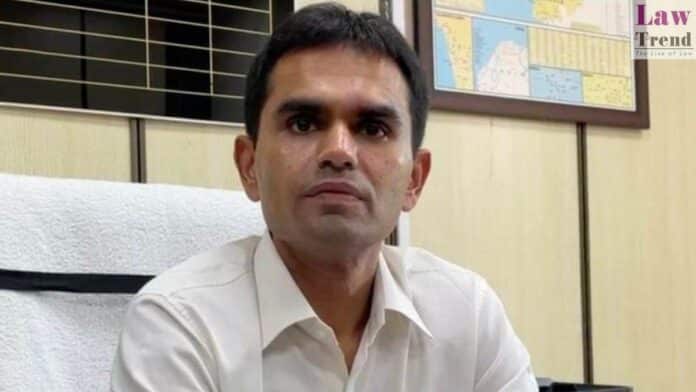The Delhi High Court has annulled the Central Administrative Tribunal’s (CAT) directive concerning the disciplinary action against senior Indian Revenue Service (IRS) officer Sameer Wankhede, related to his involvement in the Aryan Khan drugs case. Wankhede, an IRS officer of the 2008 batch, currently holds the position of Additional Commissioner in the Department of Revenue, Ministry of Finance.
The decision came from a division bench comprising Justice Rekha Palli and Justice Rajnish Bhatnagar, which partially upheld the Central government’s appeal against the CAT’s ruling that had initially favored Wankhede. The controversy stems from allegations against Wankhede, who previously served as the Director of the Mumbai Zone of the Narcotics Control Bureau (NCB), regarding his “conduct of the raid/investigation” on the Cordelia Cruise as part of the Aryan Khan drugs case.
Wankhede had sought to nullify a report by the Special Enquiry Team (SET), led by NCB Deputy Director General Gyaneshwar Singh, dated June 16, 2022. He contended that Singh, being directly involved in overseeing the investigation, should not have chaired the SET examining Wankhede’s conduct, citing a violation of the principles of natural justice.
The CAT, with Justice Ranjit More as Chairman and Member (A) Anand Mathur, had echoed Wankhede’s argument, stating that Singh’s active role in the investigation disqualified him from being part of the SET. It had ordered that Wankhede be granted a personal hearing before any disciplinary action, ensuring the decision would be articulated in a reasoned order.
However, the Delhi High Court sided with the Central government’s stance that the CAT’s order to provide a personal hearing before taking any action against Wankhede was contradictory to the rules laid out in the CCS (CCA) Rules. While the High Court set aside this aspect of the CAT’s decision, it clarified that Wankhede is not precluded from challenging the decision if he opts to do so.
Also Read
The Central government had challenged the CAT’s ruling, arguing that it misinterpreted the CCS (CCA) Rules, which do not require a delinquent employee to be given a personal hearing before the issuance of a charge sheet. Wankhede’s legal representation maintained that their client was adversely affected by the CAT’s decision, particularly highlighting the issue of Singh’s dual role in the investigation and his position as the SET chairman.
Wankhede had also filed a contempt plea against Singh, alleging non-compliance with the Tribunal’s directives. Although a single judge dismissed this plea, stating it was not maintainable, Wankhede was granted the liberty to pursue his grievances through the CAT.




